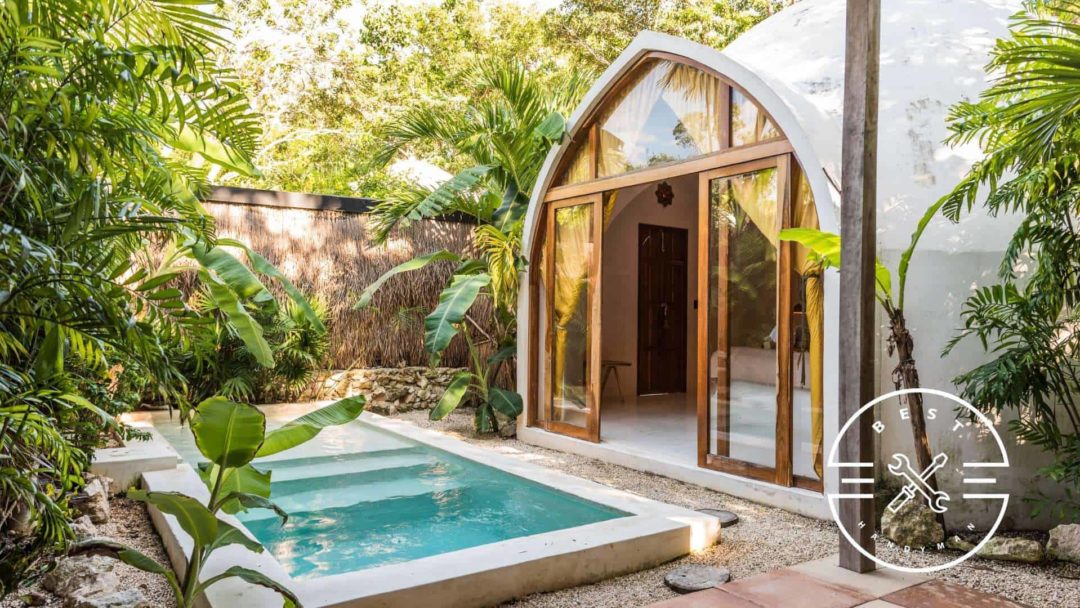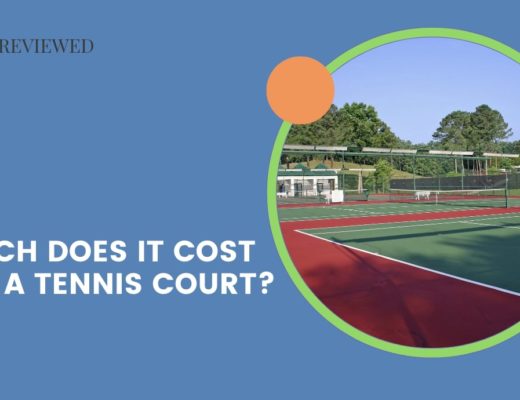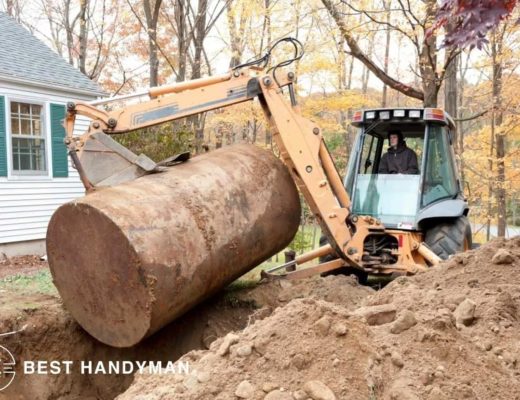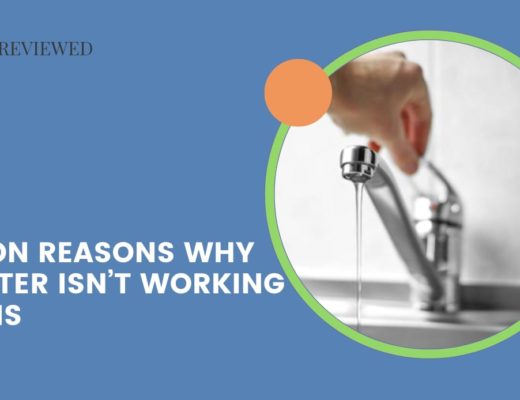The average cost of a plunge pool is $20,000, but it can go as low as $3,000 and as high as $50,000 or more depending on the material, type, size, shape, and other factors.
In this guide, we’ll provide an in-depth explanation of the factors that affect the cost of plunge pool installation.
We’ll also cover the maintenance cost and the price of additional features for your plunge pool. By doing so, we aim to give you a good estimate of the total cost of owning a plunge pool.
What factors affect the installation cost of plunge pools?
Type of Plunge Pool
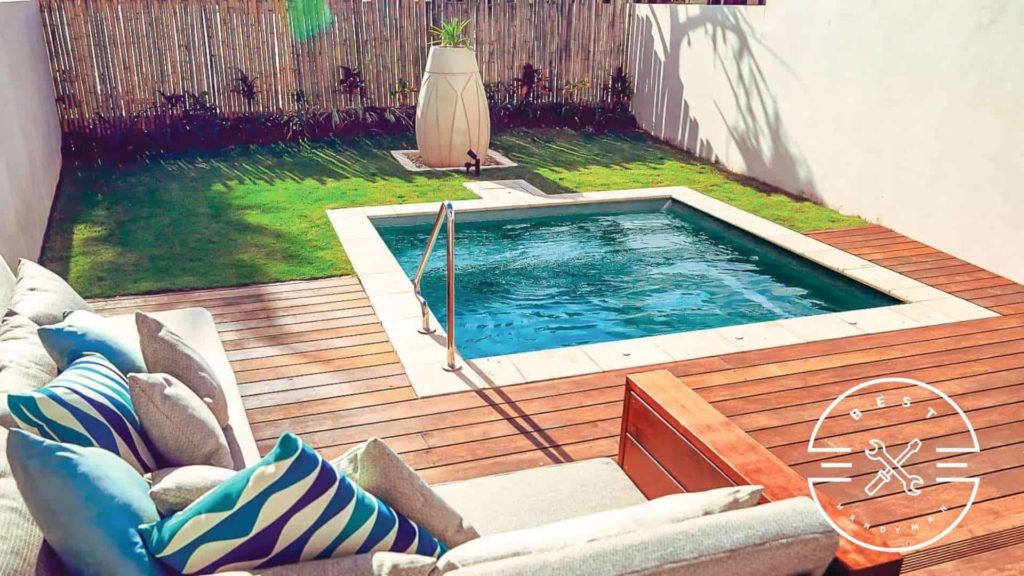
Plunge pools can be classified into two types: in-ground and above-ground. The type you choose for your home will greatly affect the installation cost.
In-ground plunge pools are constructed by excavating the ground and installing the pool structure below the ground level. These are often more permanent than above-ground plunge pools and can be custom designed to fit specific dimensions and shapes.
Since there’s a need for excavation, installing in-ground plunge pools is typically more challenging and more expensive than above-ground plunge pools. Expect to spend a total of $10,000 to $50,000 on installation costs.
On the other hand, above-ground plunge pools, as the name suggests, are designed to sit on or above ground level. Hence, there’s no need for excavation, and installation can be done without hiring a contractor.
Installation costs for above-ground plunge pools typically range between $800 to $15,000, depending on the extra pool features, size, shape, and materials.
Materials
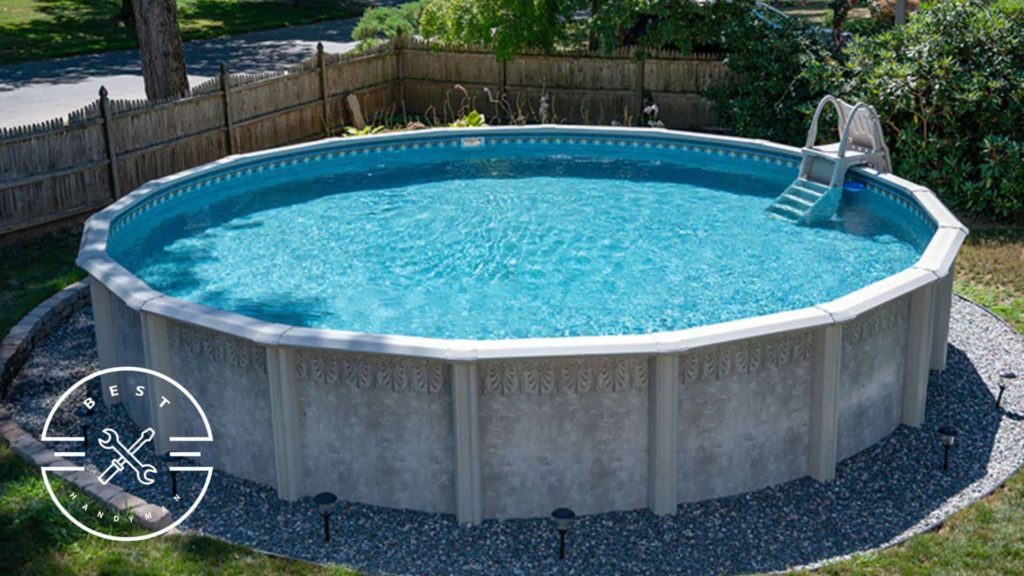
Another factor that can affect the installation cost of plunge pools is the materials used for the pools. In-ground pools are usually made of concrete, fiberglass, or vinyl, while above-ground pools are made of steel, resin, or aluminum.
Concrete
Concrete is a popular material for plunge pools because of its durability and versatility. The pool’s shell is typically constructed using reinforced concrete, which can be shaped and customized according to specific design preferences.
In-ground plunge pools made with concrete are typically the most expensive out of the three options for in-ground pools. They can go as low as $20,000 to over $35,000.
Above-ground pools can also be made with concrete. They’re usually a few thousand cheaper than in-ground concrete pools since excavation isn’t needed.
Fiberglass
Fiberglass plunge pools, on the other hand, are pre-manufactured and delivered to the installation site as a single piece or multiple sections.
They offer a smooth surface, require relatively low maintenance, and can be installed faster compared to concrete pools.
They can cost anywhere between $10,000 and $22,000.
Vinyl
The last type of material typically used for in-ground plunge pools is vinyl. This is typically the cheapest option, costing $10,000 to $18,000, but the long-term cost may be higher because of periodic liner replacement.
Vinyl-lined plunge pools are constructed using a metal, plastic, or wood framework. A vinyl liner is then installed inside the framework to create the pool’s interior surface.
Steel
As for above-ground plunge pools, steel is typically the cheapest material. They cost anywhere between $800 and $3,000.
They offer a sleek and modern appearance and stability, but they are prone to corrosion, which can shorten the pool’s lifespan.
Resin
Another material used for above-ground plunge pools is resin. They’re resistant to rust and corrosion but can be harder to customize, unlike steel.
Resin plunge pools can cost anywhere between $1,000 and $3,000.
Aluminum
Aluminum plunge pools, on the other hand, cost a bit more than resin pools. Their price ranges from $1,000 to $5,000.
They’re not prone to rusting and are flexible, so customization isn’t as limited as resin pools. They are, however, susceptible to impact damage.
Size and Shape
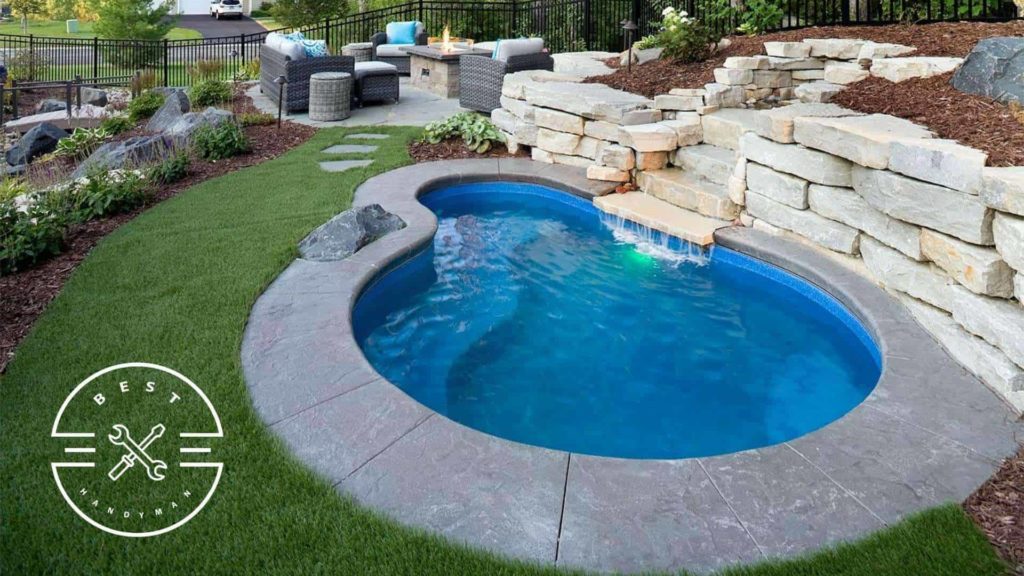
Size and shape are also factors you need to consider when installing a plunge pool, as they can affect the amount of material needed.
Square and rectangle-shaped in-ground plunge pools are usually cheaper than round or L-shaped pools because they’re easier to install.
However, the same is not true with above-ground plunge pools. Rectangle and oval-shaped pools usually cost more, as they require more support structures.
As for size, the smaller the pool, the lower the cost will be. Plunge pools that are 9 feet wide and below can cost anywhere between $3,000 and $19,000, while 10 to 12 feet wide plunge pools cost $20,000 to $30,000.
It’s not usual for plunge pools to go over 13 feet wide, as they’re meant to be smaller. Pools wider than 13 feet and longer than 22 feet are considered regular pools.
Labor
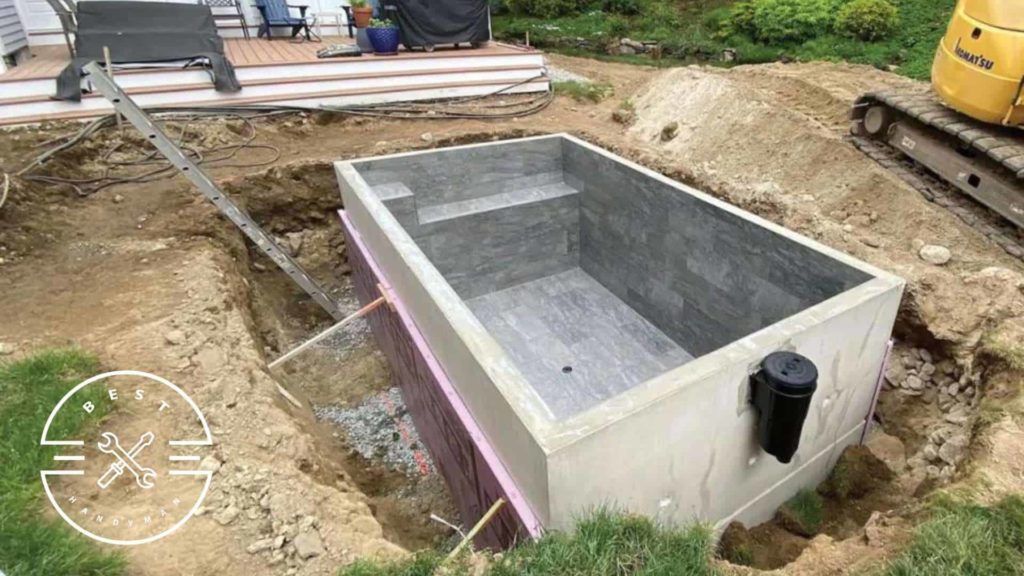
Labor is a significant factor in determining the cost of installing a plunge pool. Since installing a plunge pool is a complex and challenging task, hiring a professional to do it also comes with a hefty price.
The labor cost of plunge pool installation typically ranges between $1,000 and $6,000, depending on the job’s complexity, the additional features and customizations the contractors have to do, and the contractor’s personal rate.
Location
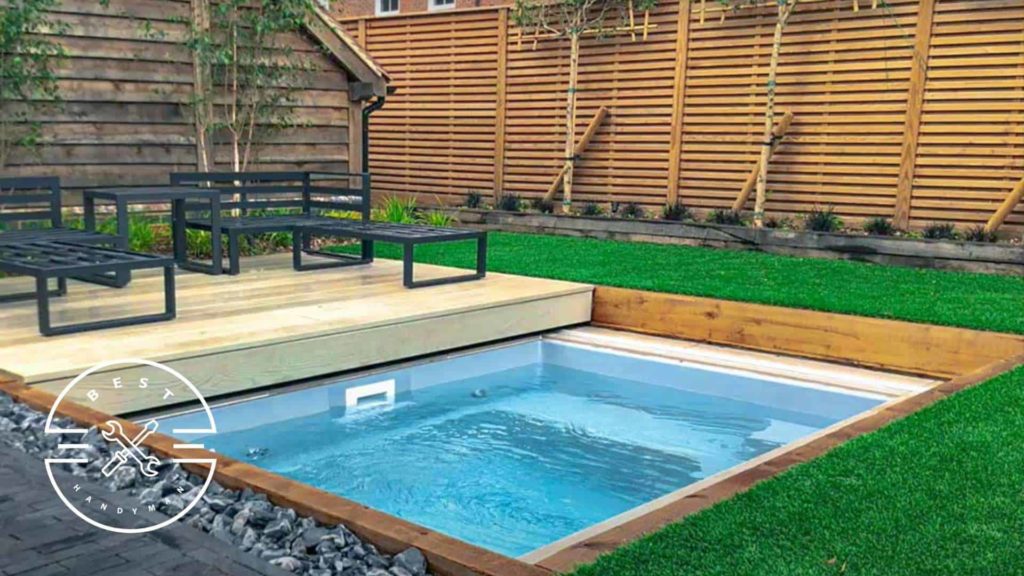
Your location also plays a huge part in the overall cost of your plunge pool installation. Materials are sometimes more expensive in certain states, as they have to account for factors like logistics, demand, and supply.
Additionally, some contractors may charge more depending on where you live. Cities typically have a higher cost of living and taxes, so the cost of hiring professionals can be more expensive compared to the countryside.
Different states also have different building codes, so it can significantly affect your total cost.
Site Preparation
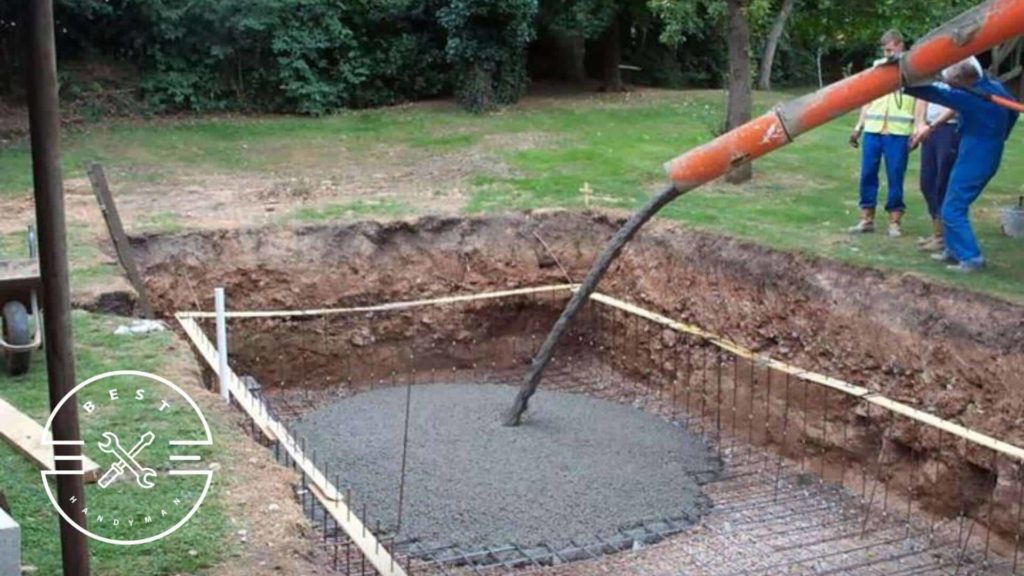
The cost of excavation and site preparation depends on the complexity of the terrain and the amount of earth that needs to be moved. Challenging or rocky terrains may require more effort and machinery, increasing the overall cost.
The cost to prepare the site usually costs $17 per cubic foot for excavation only. Other works that need to be done, like tree removal, utility line inspection, and soil inspection, can increase the cost.
Overall, site preparation for a 6-foot-deep plunge pool can go anywhere between $1,500 and $5,000.
Permits

Most local authorities require permits for pool installations to ensure compliance with safety and building regulations.
You may need to acquire multiple permits for plunge pool installation like building, excavation, electrical, plumbing, and environmental permits.
The contractor will typically help you get a hold of these permits, so hiring professionals to install your pool is highly suggested.
How much is the maintenance cost of a plunge pool?
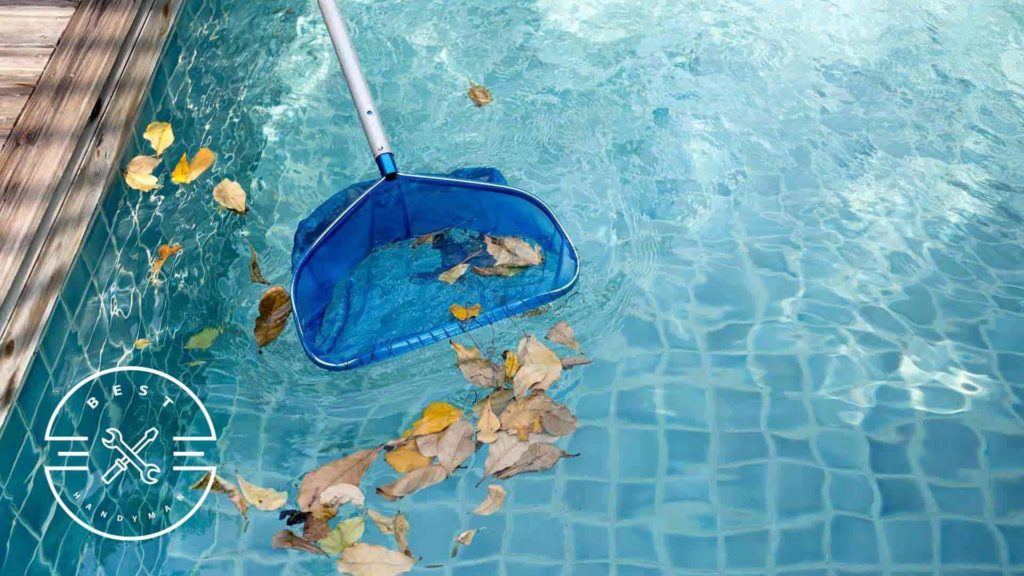
Maintaining plunge pools is much simpler compared to full-size pools, as they’re smaller. Maintenance costs for the plunge pool range between $110 and $350 per session, with most of it being spent on cleaning.
Overall, annual maintenance costs can be anywhere between $3,000 and $5,000. You can cut the cost by almost half if you clean the pool on your own.
How much do additional features cost?
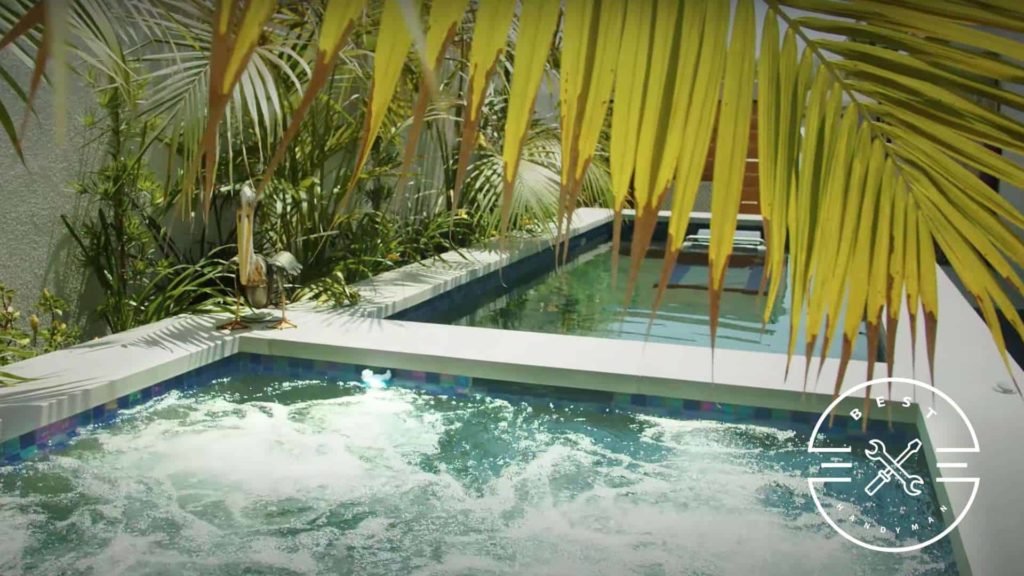
Additional features like heaters, covers, lights, and jets can enhance your plunge pool’s functionality and your overall experience with the pool. However, you have to be prepared to spend more if you want these features.
Pool heaters for plunge pools can go as low as $1,500 to as high as $3,600, depending on the type and size.
While plunge pools are meant for cooling off, adding heaters can regulate the temperature during colder seasons and allow you to enjoy the pool without freezing.
Pool covers can also help reduce cleaning costs and heat loss, so consider purchasing one. Their cost usually ranges between $100 and $2,550.
Pool lights help improve the visibility around the pool area, keeping you and your family safe from accidental falls. They typically cost anywhere from $625 to $1,200.
Steps can create safer and more convenient entry and exit points in your plunge pool, so consider spending about $90 to $700 more to enhance your pool’s accessibility.
Other features that you can add are a saltwater conversion system and swim jets, which aren’t necessary but can greatly improve your experience.
The price of swim jets usually starts at $2,000 depending on the features and horsepower, while the cost of a saltwater conversion system ranges from $500 to $2,000.

